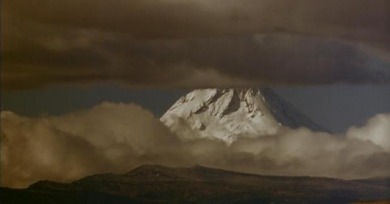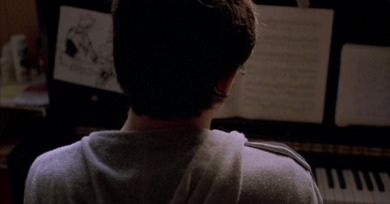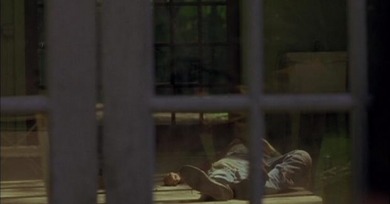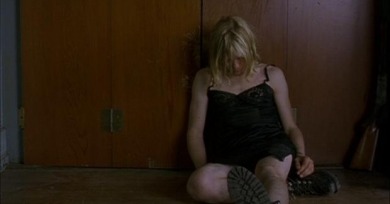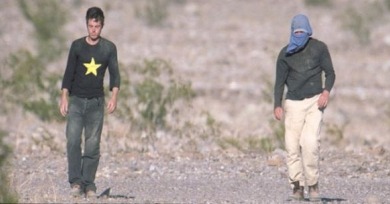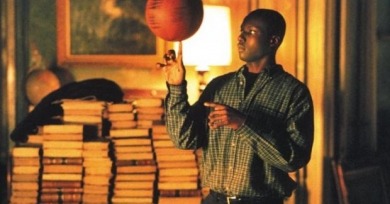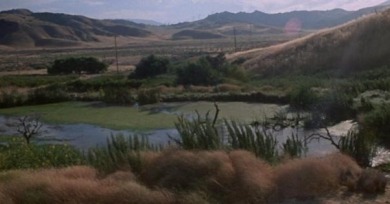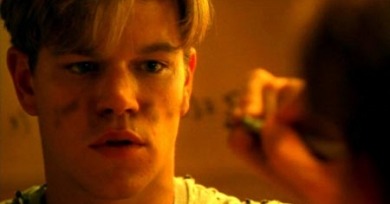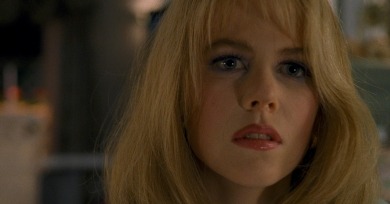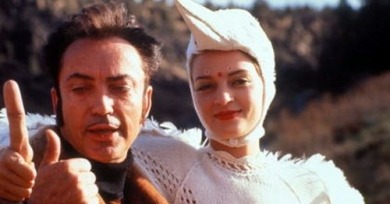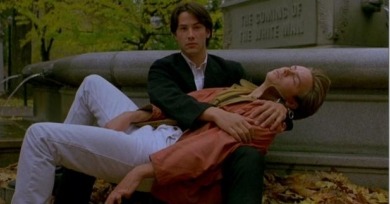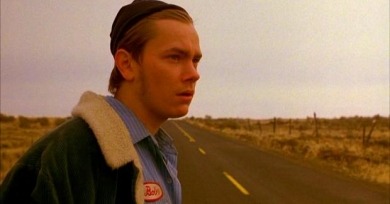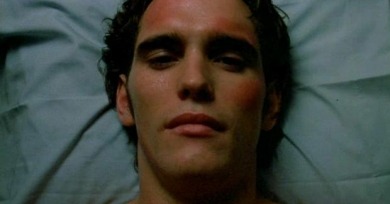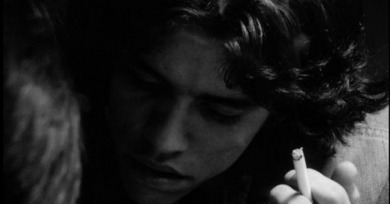Gus Van Sant: Vague Recollections
To look at Van Sant's career monolithically, without taking his films apart one by one, does him, and film, a disservice.
No grand artistic summation or even a proper refining of pet themes and motifs, Paranoid Park finds Gus Van Sant further whittling on the same piece of wood. It must be a nub by this point.
Elephant, Van Sant’s ambitious endeavor about real-life psychos, killing fellow students in American high schools—a problem about as easy to ignore as an elephant in the living room—is another effort to reach for what’s hidden, to dig into what only lies beneath, and then to put it on display.
Sing to me of the man. No, not a mere mortal man. A Legend. Young and troubled, misunderstood and alone, beautiful, damned, visionary, stark raving mad, and far too pure for this world.
For gravitating toward the myth of Kurt Cobain—and therefore the rock ‘n’ roll death myth itself—while simultaneously attempting to push out of its orbit, Gus Van Sant’s Last Days is a fascinating film. But it’s an awkward one for those whose formative years were affected or influenced by Nirvana . . .
The “ors” have it in Gerry, which is a different kind of Rorschach test than the ones formulated by Benning. The onus is on us, as Van Sant’s own descriptions of the film aren’t particularly useful.
Apparently, the executives at Columbia Pictures liked Good Will Hunting so much that it commissioned its own version. What they got was Finding Forrester, a singular work in Gus Van Sant’s oeuvre.
So, then, as an experiment, naturally Psycho is designed to be a failure, an object lesson in the ebbs and flows of film history, as well as constant reminder of the endless fascination, terror, and ramshackle beauty of the original.
It's not often that a director disappears quite so purposely as Gus Van Sant did into Good Will Hunting.
A satire about the now-dying medium of broadcast television, inspired by the then-timely true story of a New Hampshire woman who convinced her teenage lover and his friends to kill her husband, To Die For is an artifact of a passed cultural moment.
Van Sant, for the most part, replicates the structure of Robbins's novel instead of adapting it, or reworking it, for film: beautiful young Uma Thurman's Sissy is caricatured, instead of characterized by her assigned attributes.
When it first came out, My Own Private Idaho was unambiguously stamped with the label “gay movie.” Van Sant himself was eventually lumped in with the nascent Queer New Wave of Haynes, Kalin, and Araki, but this was an afterthought at best.
Let’s acknowledge up front that, no matter how hard we strive to focus on directorial matters, the star personas of River Phoenix and Keanu Reeves must come to the fore of any discussion of My Own Private Idaho.
Van Sant’s first hit was Drugstore Cowboy. It is a movie about drug culture, about Portland and the Pacific Northwest in the 1970s, and about the reliable marketability of pretty young actors playing outlaws.
The consistently elusive nature of Gus Van Sant presents difficulties in trying to locate him within the body of American Independent cinema. He’s generally considered an important figure for the movement, but why, exactly?
